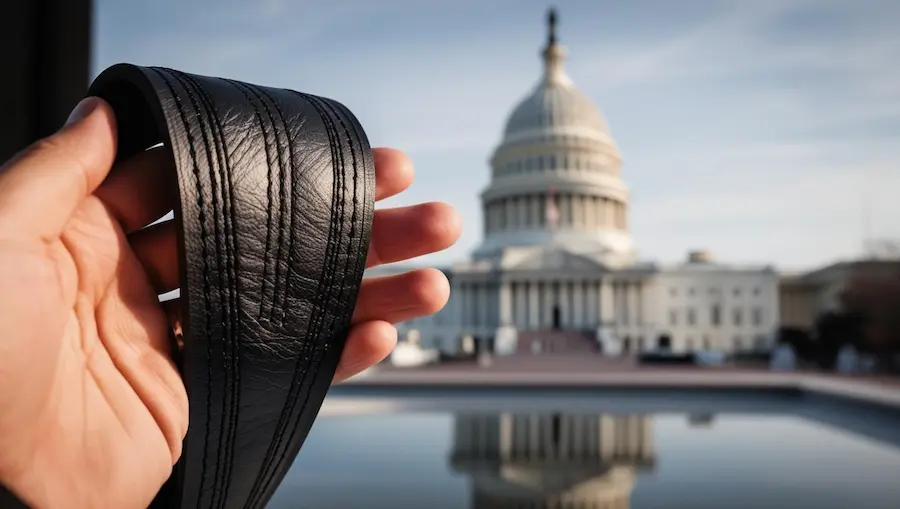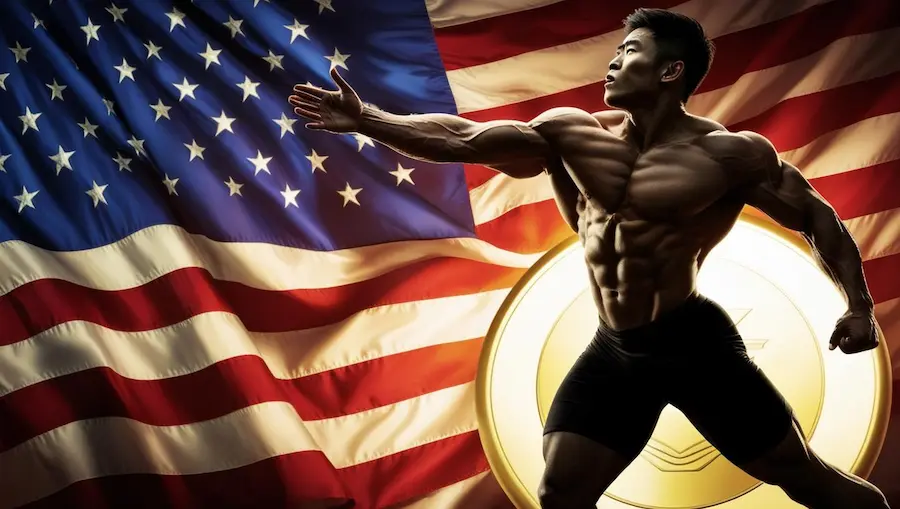Nobody dreams of getting a denial letter from USCIS. But for one world-class martial artist, that’s exactly how his American dream started. If you think your first green card rejection is the end of the road, think again. This is the story of how a two-time world champion went from “Sorry, not extraordinary enough” to “Welcome to the United States”—and how you can do the same.
The Setback: When “Extraordinary” Isn’t Enough
Our hero? A martial arts athlete and coach with a trophy case that would make anyone jealous—two world championships, sixteen pro MMA wins, and a resume packed with international acclaim. He’d spent years in the U.S. on athlete and visitor visas, coaching and competing at the highest level.
But when he filed his first EB-1A petition (that’s the “extraordinary ability” green card for the uninitiated), the Nebraska Service Center wasn’t impressed. The director said he didn’t meet enough of the required criteria and questioned whether he was really coming to the U.S. to keep working in his field. Ouch.
The Comeback: Persistence, Proof, and a Second Shot
Here’s where most people give up. But not this guy. He filed again—this time, with a sharper strategy and a mountain of evidence. If you’re feeling overwhelmed, get expert help with your EB1A green card petition and increase your chances of success.
He didn’t just claim to be a champion; he showed it, with:
- Proof of major media coverage (think: top-ranked MMA sites, not just local news)
- Documentation of his coaching and competition roles (because yes, coaching counts!)
- Memberships, awards, and judging gigs in the martial arts world
- Evidence of high earnings and commercial success
He even tackled the nitty-gritty: showing that online media coverage was legit, using traffic stats and rankings to prove those articles mattered in his field.
The Twist: When the System Gets It Wrong
The director still wasn’t convinced. They nitpicked the difference between “athlete” and “coach,” and questioned whether MMA coverage counted for a martial arts expert. But on appeal, the Administrative Appeals Office (AAO) saw the bigger picture. They recognized that coaching and competing are two sides of the same coin in martial arts—and that MMA is a legitimate extension of his expertise.
The AAO withdrew the denial, sent the case back for a new decision, and made it clear: if you meet the criteria and can show sustained acclaim, you deserve a shot. You can review the EB1A petition form (PDF) on the USCIS website.

The Takeaway: Why Most Self-Petitioners Fail (and How to Win)
Here’s the real talk: most EB-1A and EB-2 NIW self-petitions fail because people don’t know how to present their story. They miss key evidence, use weak reference letters, or don’t connect the dots for the officer reviewing their case. The rules are strict, but the process is also subjective. You need to make it impossible for them to say no.
What worked for this champion?
- He didn’t give up after the first denial.
- He got strategic about evidence—quality over quantity.
- He made sure every piece of his story fit the legal criteria.
- He got help from people who know how to win these cases.
Ready to Write Your Own Comeback Story?
If you’re thinking about self-petitioning for an EB-1A or EB-2 NIW green card, don’t go it alone. At Green Card For Alien, we help extraordinary people like you put together bulletproof petitions—reference letters, main petition, the works. We know what USCIS wants to see, and we know how to tell your story so it stands out.
Don’t let a denial define your journey. Book a free consult with Green Card For Alien and let’s turn your achievements into your American dream. Whether you need help with strategy, writing, or just want someone in your corner, we’re here to help you win.
Your dream is still alive. Let’s make it happen—together.

